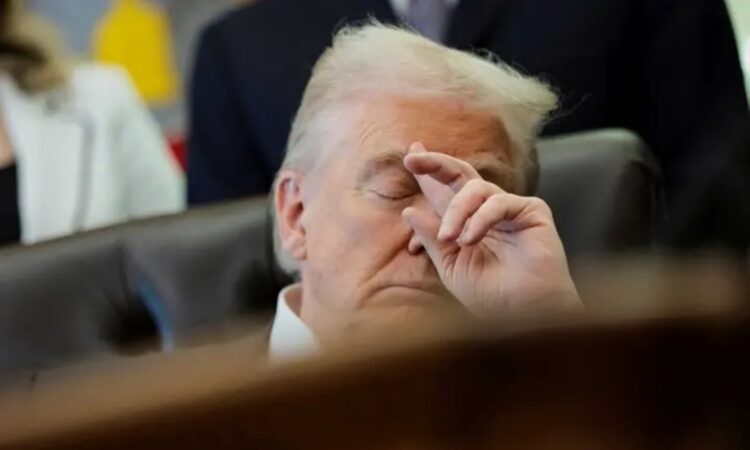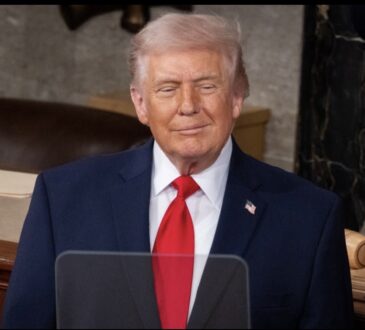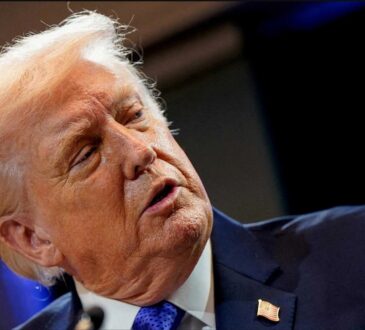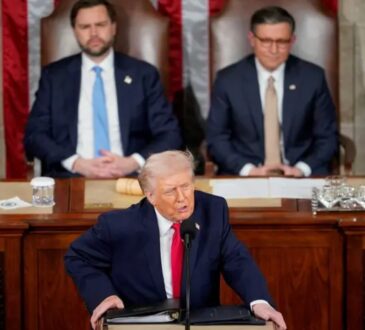
A former member of Donald Trump’s own White House team says the president’s political support is crumbling from the inside, and that the tensions people are seeing publicly are only a small part of a much deeper problem within Trump’s circle and the wider Republican Party.
Anthony Scaramucci, who briefly served as Trump’s communications director during his first term, spoke openly about the situation during an interview on The Daily Beast’s podcast. Scaramucci, who has since become one of Trump’s most outspoken critics, described the current state of the MAGA movement as something that is weakening in ways that can no longer be hidden.
He pointed to two major pressures weighing heavily on Trump and his allies: the fallout from newly released Jeffrey Epstein files and the rapidly approaching 2026 midterm elections. Scaramucci suggested these two factors together are accelerating Trump’s decline, turning what started as minor divisions inside the Republican Party into far more significant, long-lasting fractures.
According to Scaramucci, Trump is now essentially a president losing influence as he moves closer to lame-duck status. He argued that the Republican Party is outwardly pretending to support him but privately wants to move on. He claimed large donors continue to fund Trump only out of obligation or fear, and many elected Republicans in Washington feel trapped—publicly loyal but privately resentful.
Scaramucci went further, saying that even those who work closest to Trump dislike him intensely. He described Trump’s inner circle as full of people who feel stuck because of Trump’s unpredictable behavior, his ability to dominate media coverage, and his capacity to damage or end political careers with a single public attack. Scaramucci compared Trump to a “big furry sasquatch of social media”—a constant, looming figure people fear crossing.
He said this atmosphere leads to a strange dynamic in which Trump’s allies feel both intimidated and fed up. Public loyalty is maintained out of fear, he argued, while resentment builds in private. Scaramucci believes that the cracks in this relationship—which used to be hidden beneath the surface—are now expanding into something far more serious and unavoidable.
In his view, Trump’s internal support system is weakening quickly, and the pressures of upcoming elections, ongoing controversies, and the demands of governing are pushing the split within the party from shallow, cosmetic disagreements into major foundational breaks.




